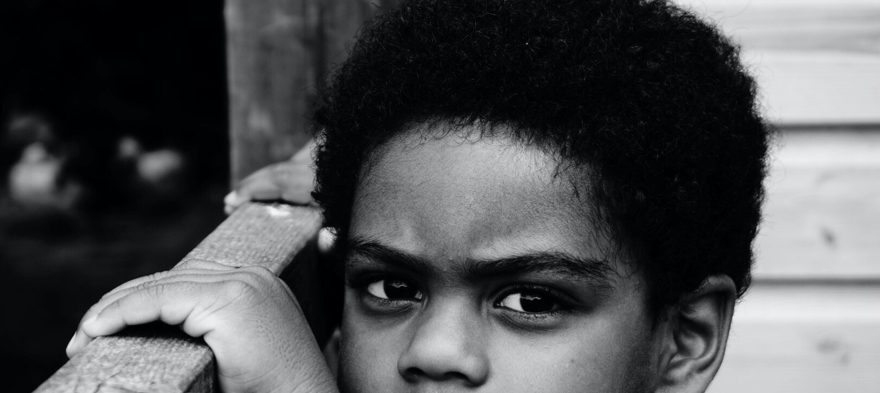
Mar 9, 2020 12:00:00 AM
by Lin Johnson
Oh, this board meeting will be interesting.
The auditorium is filled with folks who are geared up for a showdown. All have matching blue shirts in solidarity of keeping their school open. ‘Not Today’ signs are raised high in the air, so board members get the message. Sixty people are signed up for public comments—a minute for each person to make his or her case for keeping the neighborhood school open.
Principals, teachers, community leaders, pastors, moms, dads and little babies get up to the podium to speak. In the audience, I stare at each of them—words passing through my mind because I have heard these arguments before.
As the school system’s CFO, school closures are necessary evils to narrow our budget gap and provide kids with a quality education. Learning should not happen in crumbling school buildings. Kids should not get a basic education without electives and enrichment programs because it costs too much to run a half-empty school. Looking at the speakers, I know school closures are what is best for kids.
Yet, there is always one story that snaps you out of your trance. I woke up to a mom expressing how this school closure will decimate a poor, black neighborhood. At that moment, I question the ethics of school closures. Why do school closures feel like overexertion of power? [pullquote]Are school closures anti-black? Are school closures really necessary evils for quality education?[/pullquote]
My mom taught me that history is the best teacher. School closures have a dark history for Black students. In 1958, six schools were closed in Norfolk, Virginia as part of the ‘massive resistance’ to desegregation—more than one-third of the district’s White students did not attend school. In Prince Edwards County, the county board refused to appropriate any local funds to schools in resistance to desegregation, which closed schools in 1959. 1,700 Black students attended no school for five years.
School closures have been used as a weapon to oppress Black students and deny a quality education from these students, even if poor White students lose an education. Historically, school closures make it clear that Black students are not worthy of quality education.
Fast forward about 60 years, school system leaders are using the same weapon of oppression to provide equity and liberation to Black students. Audre Lorde sums it perfectly,
For the master's tools will never dismantle the master's house. They may allow us temporarily to beat him at his own game, but they will never enable us to bring about genuine change.
[pullquote]School closures will never achieve equity and liberation for Black kids, but will be a constant reminder of oppressive power.[/pullquote]
If the goal is to provide all Black students with a quality education, then we need to use different tools than school closures. School systems can start by relinquishing their power and empowering Black communities to reconstruct a more just school. The relinquishment and transfer of power can take a few forms:
I still remember the faces of the presenters during the board meeting. They are the same faces of those who fought for Black students to get a quality education. Sometimes, school closures are necessary, but I still see them as evil. Equity and liberation for black students will not be achieved by closing community hubs of learning, but rather by empowering the community to reconstruct a more just school.
Lin Johnson is a current Ed.L.D candidate at Harvard Graduate School of Education. Previously, he was the Deputy Superintendent of Finance & Business Operations at Shelby County Schools in Memphis, Tennesee. He also served as a special project director at the Tennessee Department of Education. Lin worked with the D.C. Public Charter School Board to provide high-quality educational choices to students. He holds a master's in public administration from Harvard Kennedy School, a master's in business administration from MIT Sloan School of Management and a bachelor's in economics from Reed College.
Few issues in education spark more tension and debate than standardized testing. Are they a tool for equity or a burden on students? A necessary check on school systems or a flawed measure of...
Charter schools are public schools with a purpose. Operating independently from traditional school districts, they're tuition-free, open to all students, and publicly funded—but with more flexibility...
Despite the benefits of a diverse teaching force, prospective teachers of color fall out of our leaky preparation pipeline at every stage: preparation, hiring, induction, and retention. Here’s what...
Ed Post is the flagship website platform of brightbeam, a 501(c3) network of education activists and influencers demanding a better education and a brighter future for every child.
© 2020-2025 brightbeam. All rights reserved.
Leave a Comment